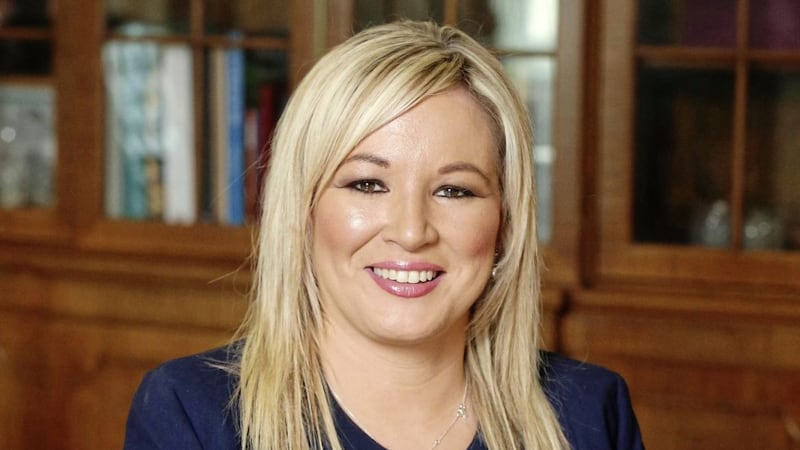THERE have been two distinct institutional phases of the Northern Ireland peace/political process.
The first was ‘constructive ambiguity’; which, put at its most simple, allowed everyone to believe what they wanted to believe if it meant getting the Good Friday Agreement safely over the threshold.
Ok, it was a risky strategy; but it seemed a risk worth taking when the general consensus was that trust and cooperation should be nurtured and would, over time, grow into a power sharing government where the parties could, genuinely and willingly, work together.
At that point, in April 1998, the ‘big ticket’ issues—like legacy and paramilitarism—hadn’t been resolved; yet most people assumed that the fact that former enemies had reached a deal at all was something worth building on. So, ambiguous or not, it was worth the risk.
And it was that very same ambiguity which encouraged the DUP and Sinn Féin to cut their own deals between late 2005 and May 2007. Again, a lot of issues hadn’t been nailed down, yet both parties were able to persuade their own bases that further progress—even if what they were promising was mutually contradictory—was possible.
But within a few months of that ‘Chuckle Brothers’ executive starting, it became clear that constructive ambiguity was morphing into destructive clarity—the dawning realisation that the two main parties didn’t agree on anything and that government was going to be built on crisis followed by sticking plaster. Within a matter of months Ian Paisley had been dumped (the DUP’s grassroots didn’t like the cosiness of the relationship with McGuinness); and, by the end of their second mandate—the autumn of 2015—the DUP was reduced to recycling ministers on a daily basis. And, for all the recent hoopla about a Fresh Start and joint articles in local newspapers, the latest executive—just eight months old—has imploded.
What comes next? With the constructive ambiguity and destructive clarity phases nailed to the perch and pining for the fjords, what new phase can we expect to take their place?
Well, since we appear to be knee deep in humbug and incredulity, I’m going to coin the term ‘Instructive Humbugdulity.’
The vast majority of people regard the assembly as a farce—one in which nothing will ever change. Even those who will trot off to support Sinn Féin and the DUP on March 2 (and the other parties too, to be fair) will do so without any expectation of change any time soon. Which is why the DUP is still running with the ‘Stop Sinn Féin As First Minister,’ card; albeit seemingly completely unaware of the irony that the election was forced by Sinn Féin and that Sinn Féin will decide if Arlene becomes first minister again.
We’re not, of course, having an election in the normal sense of the word. This election has nothing to do with RHI. It has nothing to do with producing an alternative that will be demonstrably better than the one elected last May. And nothing to do with any guarantee, let alone pretence, that the ‘difficult’ issues are more likely to be addressed and resolved this time around. We’re having an election for no other reason than that the DUP and Sinn Féin—as I wrote weeks ago—don’t fear the outcome of an election.
Foster and O’Neill are pretty sure they’re likely to be the two lead parties again: a LucidTalk poll on Wednesday has them neck and neck on 25 per cent, with the others some distance behind. The UUP has some prospect of holding its own, and maybe putting on voters; but the SDLP faces the electoral equivalent of a mincing machine, while Alliance and the others will probable remain at present levels. So the DUP and Sinn Féin will wage a fairly unpleasant war of words, even though they know it will be up to them to cut a post-election deal. That’s the humbug.
The rest of us, including those who will choose not to vote (something I can understand, because there’s nothing new to vote for and certainly no party or alternative coalition which can make the change the non-voters say they want), will observe all of this with wide-eyed astonishment. A government department makes a huge cock-up of the RHI—something that Foster, Jonathan Bell and senior departmental civil servants admit—and yet this election will have nothing to do with that. Instead, it’s been turned into the usual old us-and-them spat. That’s the incredulity.
From Constructive Ambiguity, to Destructive Clarity, to Instructive Humbugdulity…. its certainly been a long and torturous haul. The next stop must surely be Bedlam, although it’s a pretty safe bet that the parties would still put up candidates for an official mad house.








